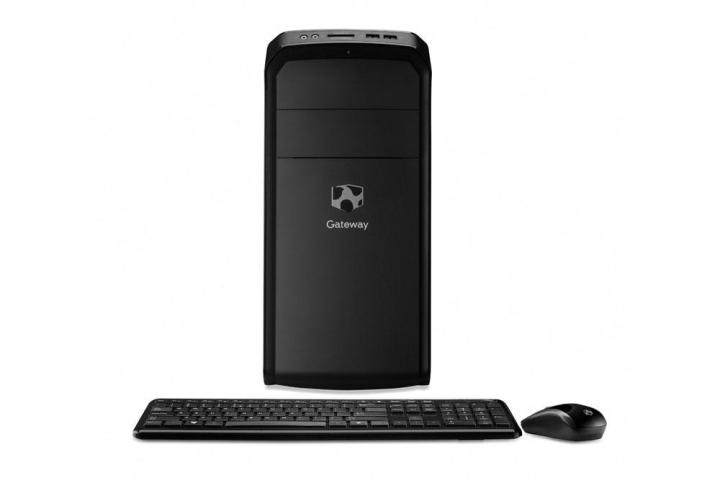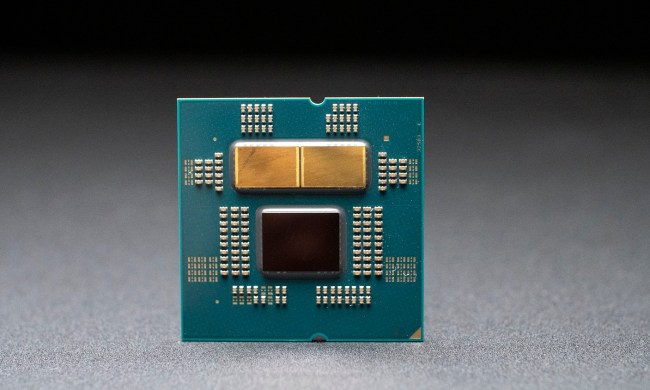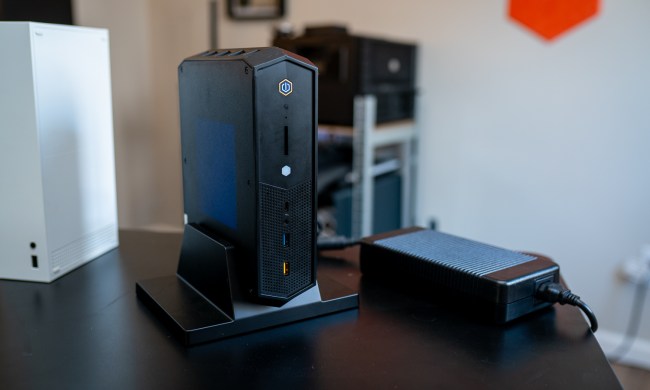
Seinfeld’s George Costanza, played by Jason Alexander, and the PC market as a whole, have a commonality that could make for an interesting conversation. Especially if the PC market were played by Kramer (Michael Richards).
They have both experienced considerable shrinkage. Unfortunately for the PC market though, that contraction is expected to continue for years to come, if the latest stats put out by market research firm IDC are any indication.
IDC predicts that global PC shipments will slip from 315.1 million in 2013 to 295.9 million this year. Though PC shipments fell by 9.8 percent last year, that’s less than IDC’s projection of 10.1 percent. IDC also expects the decline to continue through 2018, pegging that year’s global PC shipments at 291.7 million.
Though loss of interest in the PC due to the emergence of mobile devices certainly are to blame, in the case of emerging markets, IDC blames economic sluggishness for decreased PC shipments in those regions.
“Emerging markets used to be a core driver of the PC market, as rising penetration among large populations boosted overall growth,” said Loren Loverde, Vice President, Worldwide PC Trackers. “At the moment, however, we’re seeing emerging regions more affected by a weak economic environment as well as significant shifts in technology buying priorities. We do expect these regions to recover in the medium term and perform better than mature regions, but growth is expected to stabilize near zero percent, rather than driving increasing volumes as we saw in the past.”
There is a silver lining though. IDC also expects portable PC shipments (think notebooks, convertibles, etc) to rise from 87.2 million this year to 94.5 million in 2018. However, that would still fall short of last year’s mark of 96.2 million.
What do you think? Sound off in the comments below.


